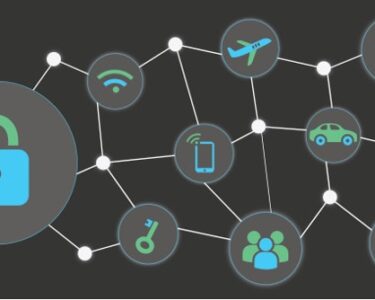
Digital Nomad Culture: Embracing Remote Work and Unbound Living
In an increasingly interconnected world, the digital nomad culture has emerged as a nomadic lifestyle that embraces remote work and location independence. Digital nomads are typically skilled professionals, freelancers, or entrepreneurs who leverage technology to work from anywhere with an internet connection.
Origins and Growth
The rise of the digital nomad culture can be attributed to several factors, including the advancement of technology, the globalization of the economy, and the growing desire for flexible and meaningful work. With the advent of high-speed internet, cloud computing, and video conferencing, remote work became a viable option for a wide range of occupations. Additionally, economic shifts and automation have led to an increase in freelance and contract-based work, making it possible for individuals to earn a living while traveling the world.
Lifestyle and Values
Digital nomads embrace a lifestyle characterized by:
- Location independence: The ability to work and live anywhere with reliable internet access.
- Flexibility and freedom: The choice to set their own schedules, travel at will, and pursue personal passions.
- Global community: Connecting with like-minded individuals from diverse backgrounds and cultures.
- Sustainability: Prioritizing eco-friendly practices and reducing their environmental impact while traveling.
Benefits and Challenges
The digital nomad lifestyle offers numerous benefits, such as:
- Increased flexibility: The ability to work from anywhere and control one’s schedule.
- Reduced expenses: Potentially lower living costs by choosing affordable destinations and negotiating remote work arrangements.
- Personal growth: Exposure to new cultures, experiences, and perspectives.
- Work-life balance: The opportunity to combine travel and work in a fulfilling way.
However, challenges can also arise, including:
- Isolation: Spending extended periods alone and navigating unfamiliar social situations.
- Tax implications: Managing tax obligations across multiple jurisdictions.
- Health insurance: Accessing affordable and reliable healthcare while traveling.
- Visa restrictions: Obtaining appropriate travel visas and work permits for different destinations.
Digital Nomad Hubs
As the digital nomad culture grows, specific destinations have emerged as preferred hubs, attracting large communities of remote workers. These hubs offer amenities, infrastructure, and social activities tailored to their needs, such as:
- Bali, Indonesia: Known for its idyllic beaches, affordable living costs, and thriving coworking spaces.
- Chiang Mai, Thailand: A laid-back city with a vibrant digital nomad scene, affordable housing, and numerous cafes and bars.
- Lisbon, Portugal: A historic city with a strong startup culture, a low cost of living, and excellent internet infrastructure.
Impact on Society
The digital nomad culture has a significant impact on society, both positive and negative.
- Positive impact:
- Stimulates local economies by attracting remote workers who spend money on local services.
- Promotes cultural exchange and understanding by exposing people from different backgrounds to one another.
- Encourages creativity and innovation by fostering a global community of independent thinkers.
- Negative impact:
- Potential for housing shortages and increased living costs in popular digital nomad destinations.
- Contribution to overtourism and environmental degradation if not managed sustainably.
Future of Digital Nomadism
The future of digital nomadism is promising as the trend towards remote work and location independence continues to grow. Advancements in technology and the globalization of the economy will further enable and support this lifestyle. However, it is crucial to address the challenges and promote sustainability to ensure the long-term viability of the digital nomad culture.
By embracing flexibility, adaptability, and a global mindset, digital nomads are shaping a new way of life that combines work, travel, and personal growth. As this culture evolves, it has the potential to transform the way we work, live, and connect with the world.


